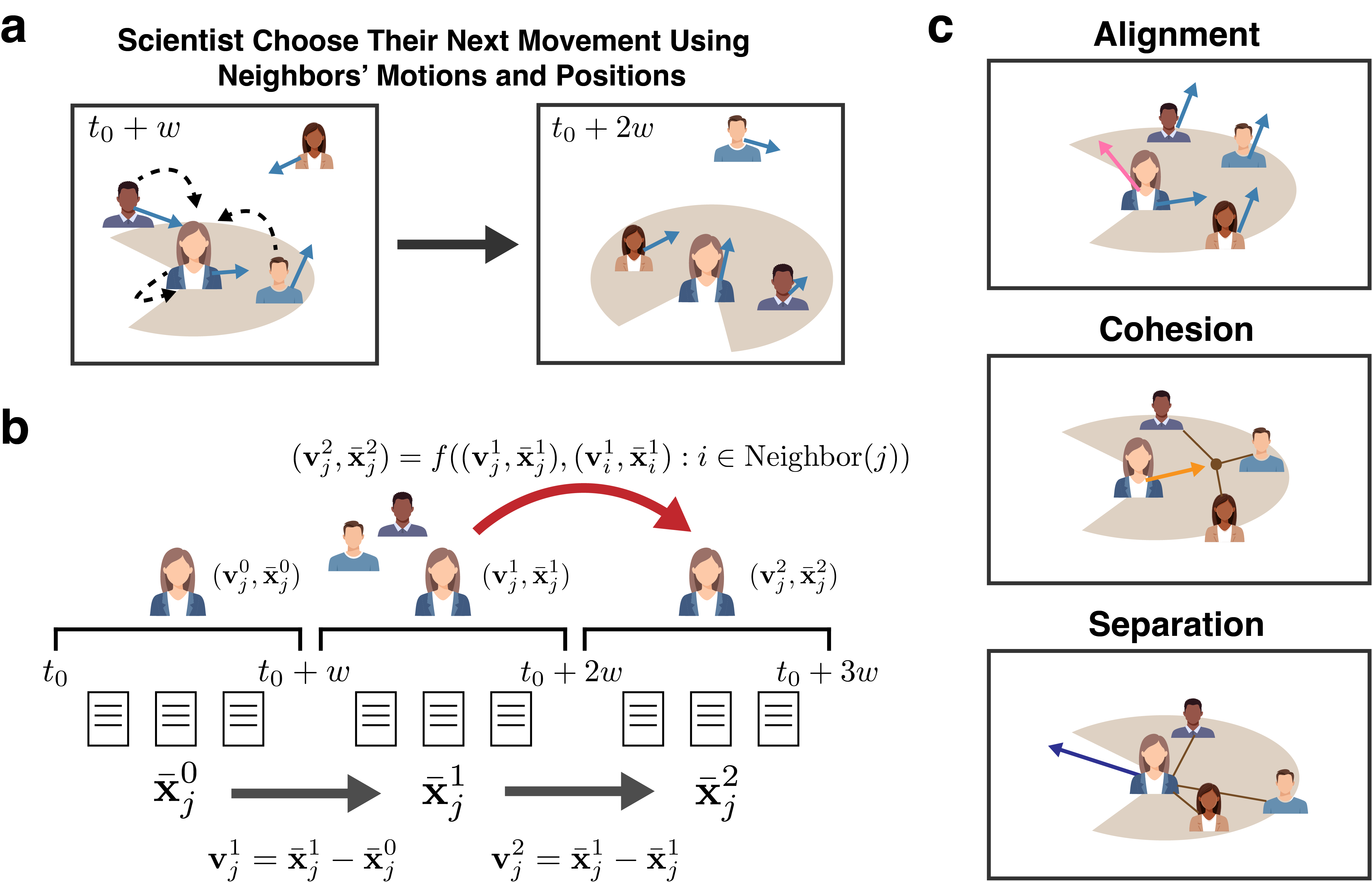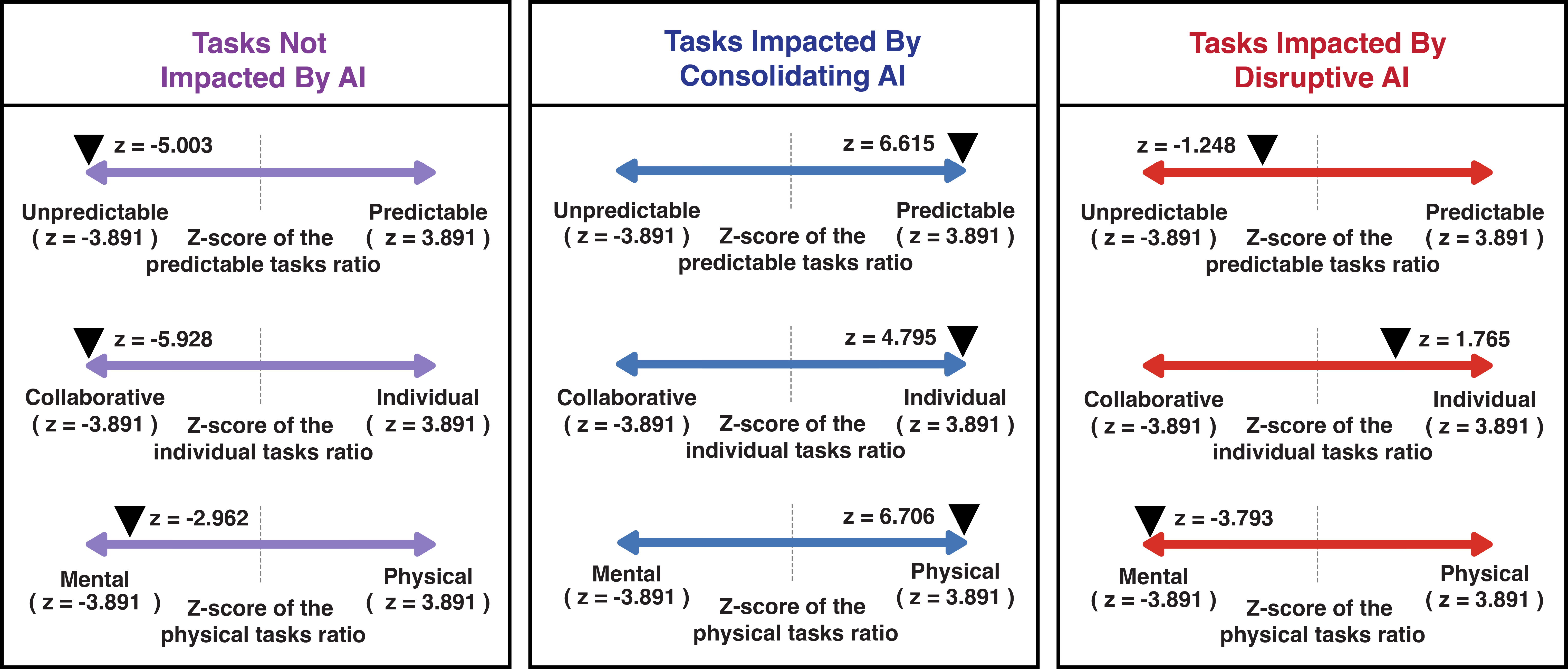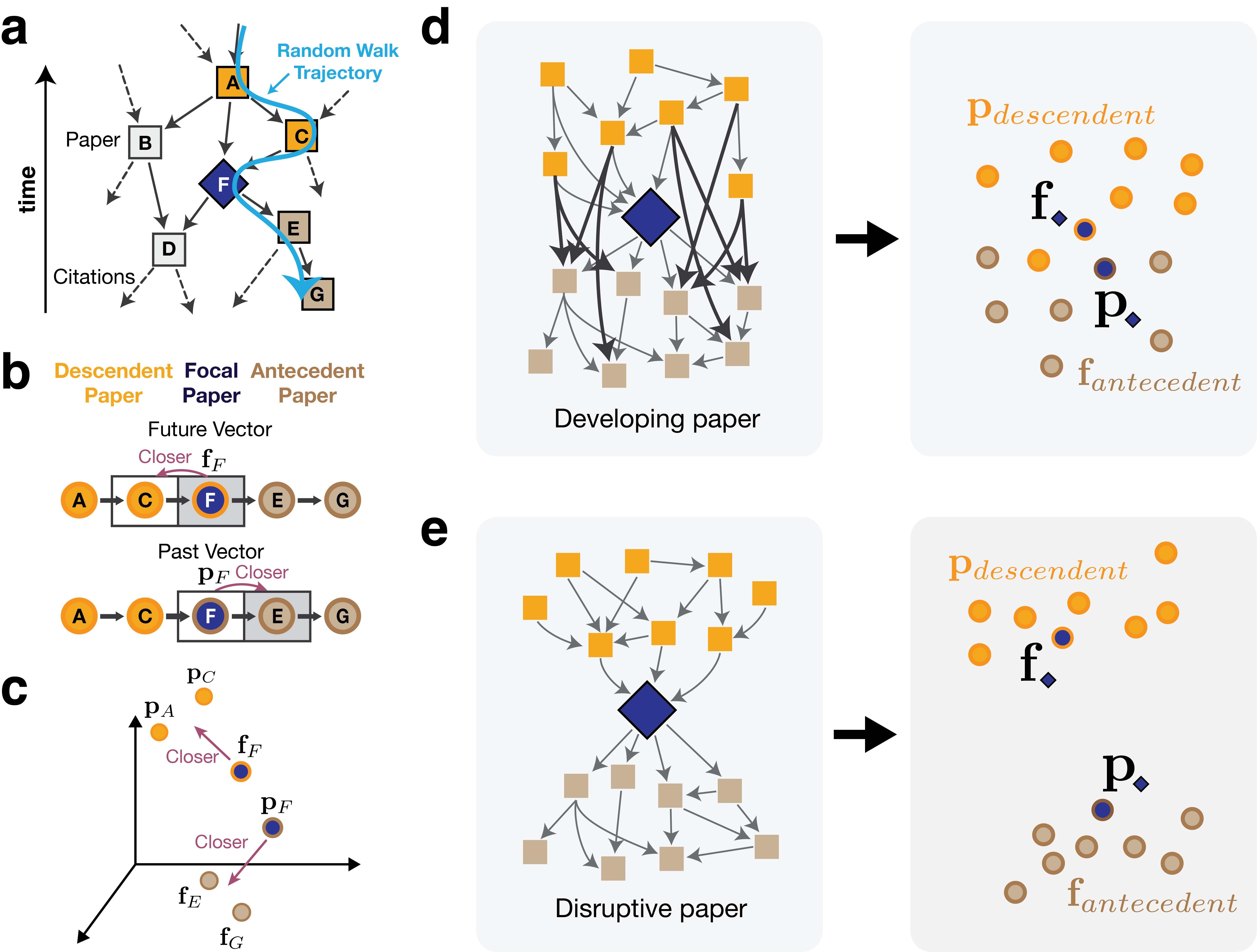Munjung Kim
qns8tc@virginia.edu
Hi! I'm a PhD candidate in Data Science at University of Virginia, advised by Professor Ahn.
My research focuses on using and developing advanced AI and machine learning techniques to understand innovation in science and technology.
Thesedays, I'm also interested in exploring how large language models can be enhanced and understood through the lens of collective intelligence. Before joining the PhD program, I completed my undergraduate studies in Physics at Pohang University of Science and Technology (POSTECH).
Machine Learning · Large Language Models · Science of Science



